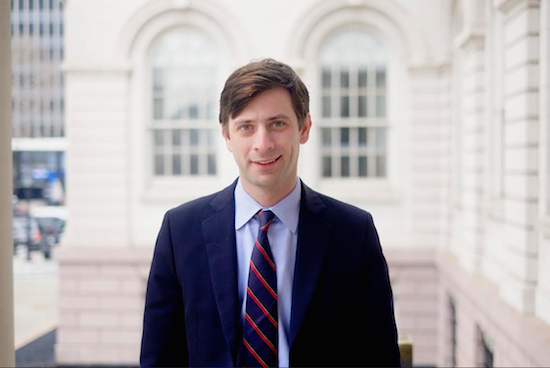Levin says homelessness tied to income inequality
In Public Service: Councilmember Says More Affordable Housing Needed

Councilmember Stephen Levin says raising the minimum wage to $15 an hour would be a good start to helping residents. Photo courtesy of Councilmember Levin’s Office
Stephen Levin was a junior at Brown University when the Sept. 11 attacks took place 14 years ago. The devastating event that killed nearly 3,000 people, including many young people, made him think about his life.
“I knew I had to figure out how to contribute in a positive way,” Levin said.

Brooklyn Boro
View MoreNew York City’s most populous borough, Brooklyn, is home to nearly 2.6 million residents. If Brooklyn were an independent city it would be the fourth largest city in the United States. While Brooklyn has become the epitome of ‘cool and hip’ in recent years, for those that were born here, raised families here and improved communities over the years, Brooklyn has never been ‘uncool’.